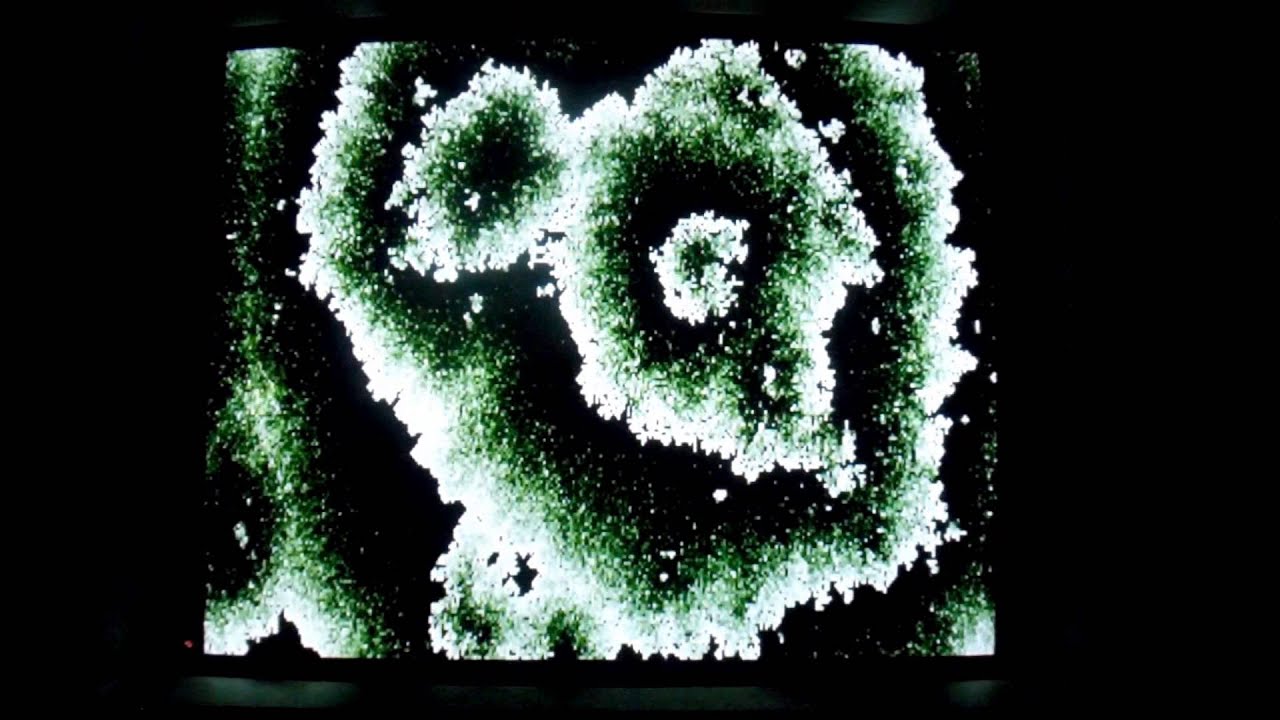











School
for
Poetic
Computation

Teaching and Learning as "PRIMITIVE HYPERTEXT" uses texts authored by Octavia Estelle Butler as a starting point to explore teaching as a relational practice that builds networks between all organisms and knowledges. In this course, while we will start with Butler, you will be introduced to a range of other texts that expand our "aperture" (Zaretta Hammond) of our practices as both teachers and learners. How might the 1998 interview between Samuel Delany and Butler invite us think about choreography and storytelling methods in our teaching practice? How might Butler's 1989 essay "Positive Obsession" and her 1991 interview with Randall Kenan in Callaloo help us think about the role of trance, possession, and the ecstatic during the learning process? What does Butler's archive of handwritten notes reveal to us about the importance of revision, ritual, and "failure" in learning? After exploring the role of Lauren Olamina in Butler's Parable of the Sower (1993), what can we learn about interdisciplinarity, interdependence, improvisation, and intuition in our teaching practice? What does it mean to teach for liberation? What is possible within institutions?












Images courtesy of teachers, participants and class documentarians.
The only prerequisite is that you have either taught a class and wished you had a different approach or you've sat in a class and wished the instructor had a different approach :)
A learner, Kameelah Janan Rasheed grapples with the poetics of Black knowledge production, information technologies, [un]learning, and belief formation. Most recently, she is a recipient of a 2022 Schering Stiftung Award for Artistic Research; a 2022 Creative Capital Award; a 2022 Betty Parsons Fellow – Artists2Artists Art Matters Award; a 2022 Artists + Machine Intelligence Grants - Experiments with Google; and a 2021 Guggenheim Fellowship in Fine Arts. Rasheed is the author of five artist's books: in the coherence, we weep (KW Institute for Contemporary Art, 2023); i am not done yet (Mousse Publishing, 2022); An Alphabetical Accumulation of Approximate Observations (Endless Editions, 2019); No New Theories (Printed Matter, 2019); and the digital publication Scoring the Stacks (Brooklyn Public Library, 2021). Her writing has appeared in Triple Canopy, The New Inquiry, Shift Space, Active Cultures, and The Believer. She is an adjunct instructor at the Cooper Union, a Critic at Yale School of Art, Sculpture, and an instructor at the School for Poetic Computation. Rasheed is represented by NOME Gallery in Berlin, Germany.
she/her
· website
· twitter
· instagram
Applications open until Applications closed on September 9, 2022.
You can expect to hear back from us about the status of your application on September 23, 2022. Please email us at admissions@sfpc.study with any questions you have.
For 5 classes, it costs $750 + processing fees, for a one-time payment. We also offer payment plans. Participants can schedule monthly payments of the same amount. First and last payments must be made before the start and end of class. *Processing fees apply for each payment.
SFPC processes all payments via Withfriends and Stripe. Please email admissions@sfpc.study if these payment options don't work for you.
For more information about what we look for in applicants, scholarships, and other frequently asked questions, please visit our applicant FAQ.


Interested in more learning opportunities at the School for Poetic Computation? Join our newsletter to stay up to date on future sessions and events, and follow us on Instagram and Twitter. Support our programming through scholarships. Get in touch over email.